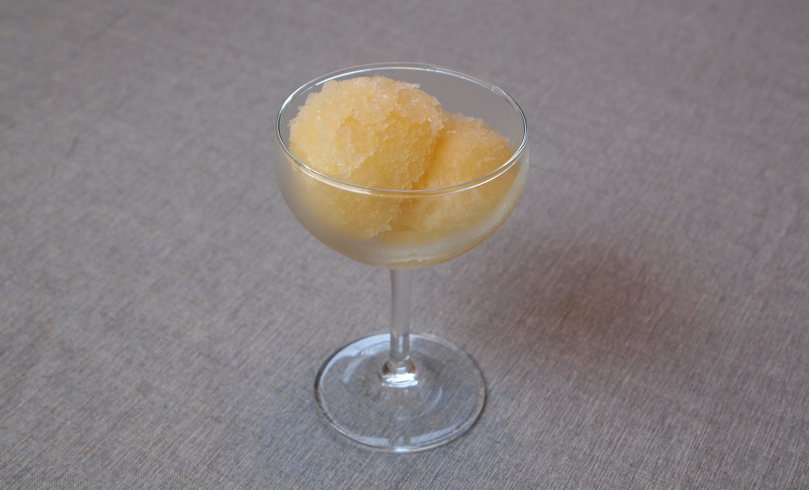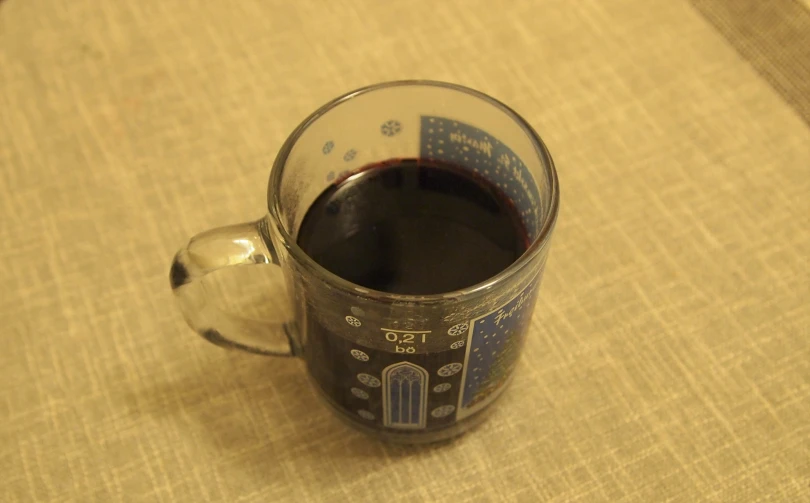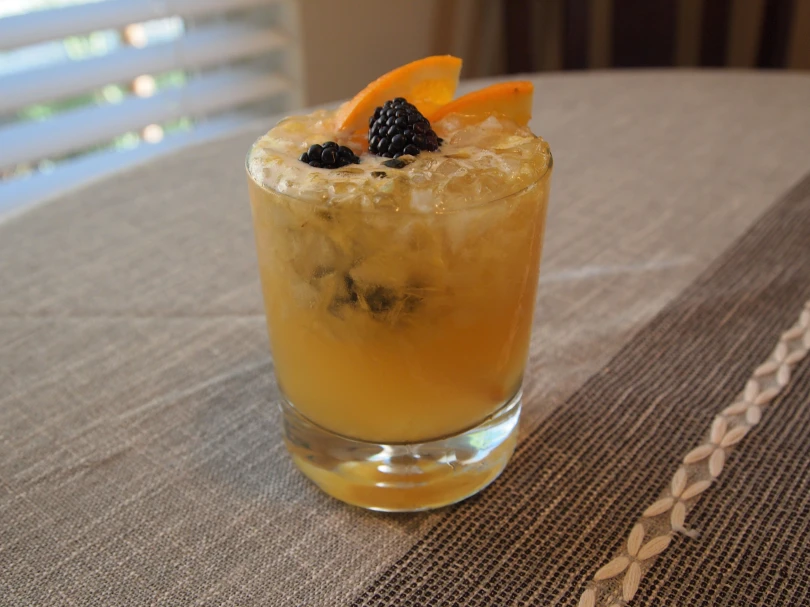This recipe comes from Martin Luther Holbrook’s 1888 book Eating for Strength, a book designed to promote what the author considered healthy eating and drinking habits. A physician and health reformer, Holbrook believed that avoiding meat and stimulants such as alcohol and tobacco was essential to good health. His book provides a variety of vegetarian and alcohol-free recipes such as this one, alongside the latest “scientific” nutrition advice of the day.
Read More »









